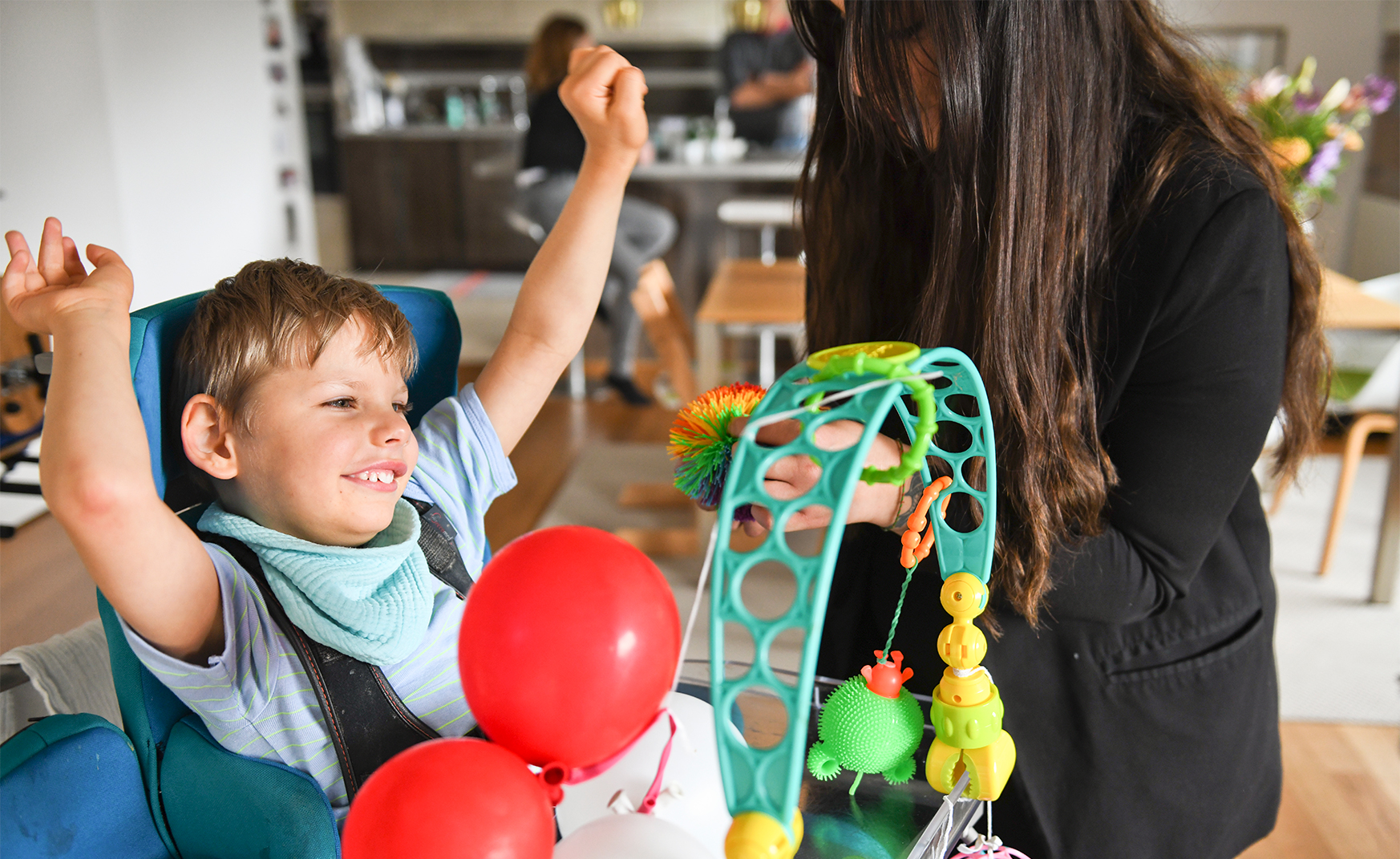Life Hacks
This section contains articles on various issues relating to everyday life with PCH2, explaining the symptoms of the condition and offering advice on how to deal with them.

This section contains articles on various issues relating to everyday life with PCH2, explaining the symptoms of the condition and offering advice on how to deal with them.